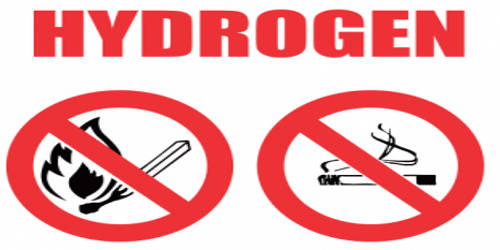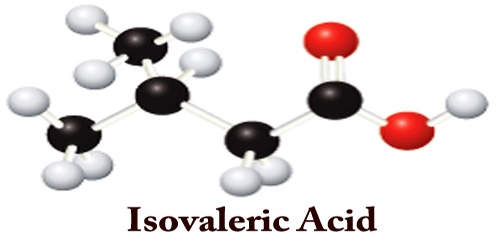Hydrogen Safety covers the safe production, handling and use of hydrogen – particularly hydrogen gas fuel and liquid hydrogen. The main concern in working with hydrogen is flammability. Specifically, hydrogen has a wide range of flammable concentrations in air and lower ignition energy than gasoline or natural gas, which means it can ignite more easily. As a highly compressed gas, hydrogen requires clear rules of usage, exactly like any other fuel.
However, hydrogen has no rating for innate hazard for reactivity or toxicity. The storage and use of hydrogen pose unique challenges due to its ease of leaking as a gaseous fuel, low-energy ignition, wide range of combustible fuel-air mixtures, buoyancy, and its ability to embrittle metals that must be accounted for to ensure safe operation. Hydrogen is not toxic, but in its pure form is a chemical asphyxiant. Hydrogen gas leaking into the air may spontaneously ignite. Liquid hydrogen poses additional challenges due to its increased density and the extremely low temperatures needed to keep it in liquid form. Hydrogen inhalation can cause Symptoms of acute exposure include nausea, headaches, delirium, disturbed equilibrium, tremors, convulsions, and skin and eye irritation. As more and more hydrogen demonstrations get underway, hydrogen’s safety record can grow and build confidence that hydrogen can be as safe as the fuels in widespread use today. Hydrogen can be handled safely when simple guidelines are observed and the user has an understanding of its behavior.
For over 40 years, the industry has used hydrogen in vast quantities as an industrial chemical and fuel for space exploration. During that time, the industry has developed an infrastructure to produce, store, transport and utilize hydrogen safely.
Hydrogen gas is an extremely high-powered fuel. Exposure to the liquified gas can cause frostbite injury. It burns with incredible speed and can produce incredible force and is used mostly for applications that require vast amounts of instantaneous power – such as rocketry and spaceflight. Hydrogen is no more or less dangerous than other flammable fuels, including gasoline and natural gas. For instance, it was used to power the Space Shuttle.
- Liquid hydrogen is sometimes used as an extremely condensed hydrogen fuel.
- Gaseous hydrogen can be used as a coolant for electric generators in power stations. This is because of its high thermal conductivity and low “windage”, so reducing frictional and turbulence losses.
- Hydrogen is also used as a feedstock in industrial processes including the production of ammonia and methanol.
















